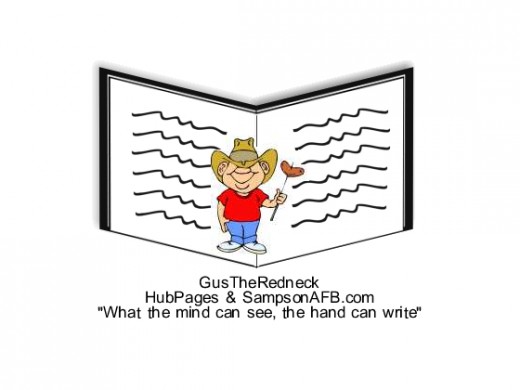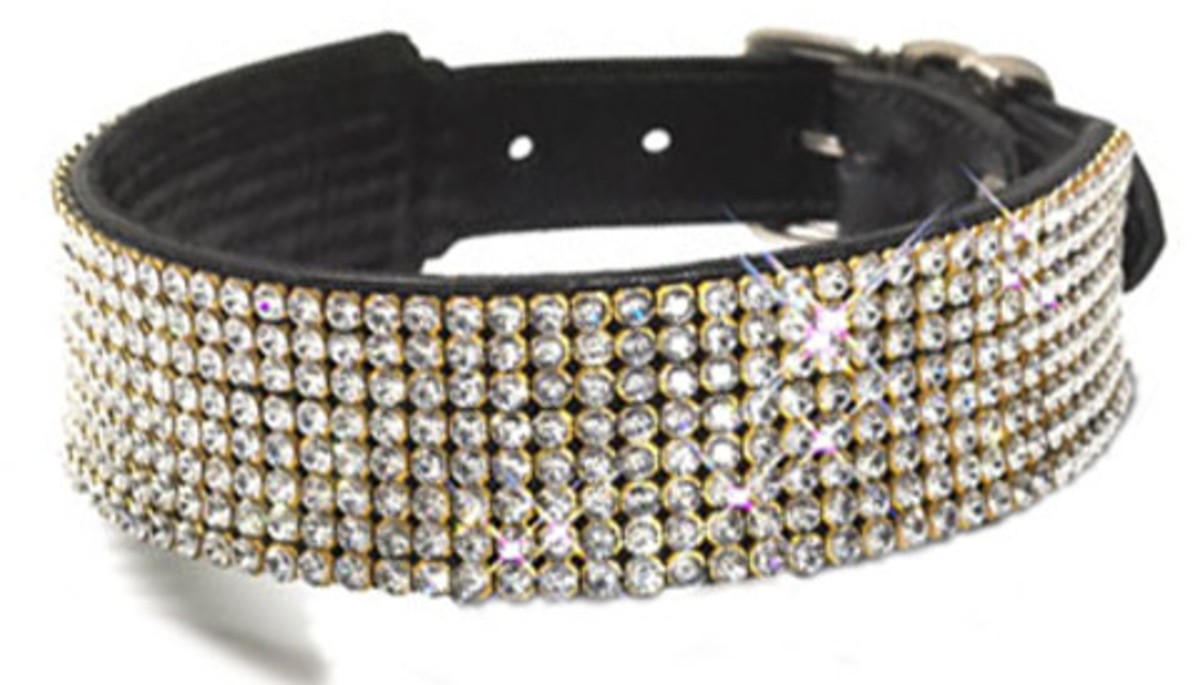A well-planned rubout - (grime and PUN-ishment)
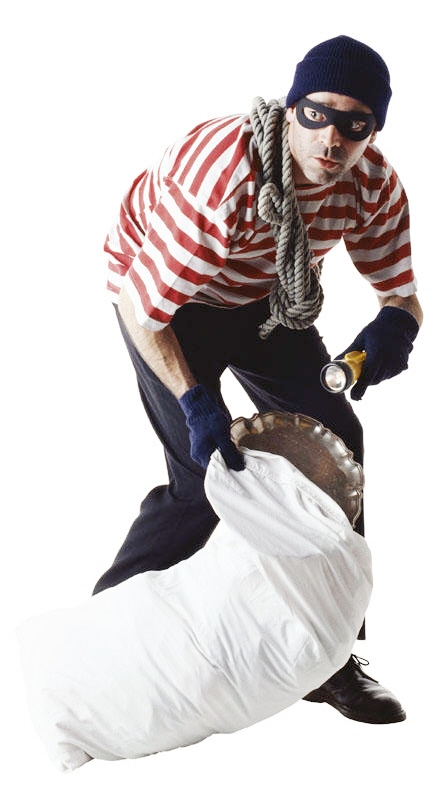
It takes more than just lawmen to erase grime
Oh my goodness. This is a story that must be told (but only in lower Moldavia). People who hate grime will applaud the actions of the defective lawmen who clean things up and set all back to right following assaults on our institutions, our money, and our way of life.
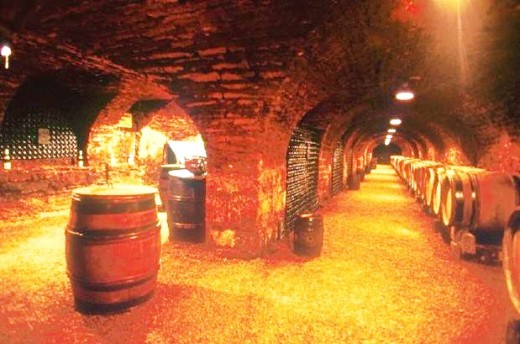
The planning meetings
The perpetrators were several in number but one of mind. They had set out to rub a bank in one of the nation’s most grime-infested cities – to be exact – Washington, D. C. Meeting in different places so as to minimize the chances of outsiders (like the law) figuring out what they were up to, these would-be bank rubbers would, one time, meet at the Cellar Club over on 14th Street, NW, and, another time, at the burger joint near Columbus Circle. Actually, they favored the Cellar Club. It served alcohol, and that seemed to make the planning for a really big bank rubbery smoother than did burgers and greasy fries.
Anyway, one of the rubbers, the one who had gone all the way through grade school, was a natural leader. He advised his co-plotters that their particular bank rubbery should be run fair and clean. They would draw straws to see which of them was to be the main actor in the deal – the one to actually be the first to "do it." So they did. As the straws dictated, the rubber who drew the short straw turned out to be the grade school graduate, himself. For some reason, being shoved by straw poll into the position of risk seemed to please the guy. Strange enough, none of his fellow rubbers in this outlaw rubber band seemed to be disappointed. Education or not, the chosen one never even bothered to consider "why not?"
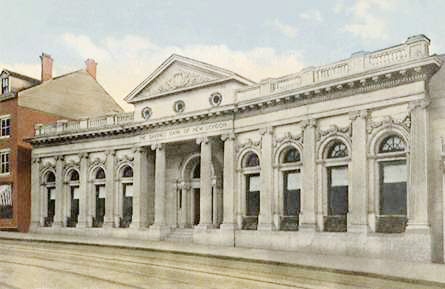
Executing the plan
Came the day of the big rubbery and the men sauntered down Massachusetts Avenue and, soon enough, positioned themselves here and there on the sidewalks close by the Certified Bank and Associated Trust of Washington, D.C. As you might suspect, it was a very large, federally-chartered institution housed within a stout, multi-column building. (The place looked much like the gold-vault building at Fort Knox.)
Not realized by this gang of bank rubbers, the law was on to them and their plan. For every one of the bank rubbers surrounding the bank, there were two or three policemen, all highly experienced defectives. They had the rubbers in their sights, so to speak.
Soon enough, the "short straw" guy drifted away from his fellow rubbers and toward the bank building. He went up to one of the giant concrete columns and put his back into things; that is, he began rubbing the bank. Soon the rest of the gang followed suit, each of them picking out a different column and rubbing it with their backs. Onlookers ran helter-skelter, not wanting to be hurt or even killed.
Whooping and blowing on their whistles in high exultation, the law descended on the bank rubbers and took the lot of them into custody.
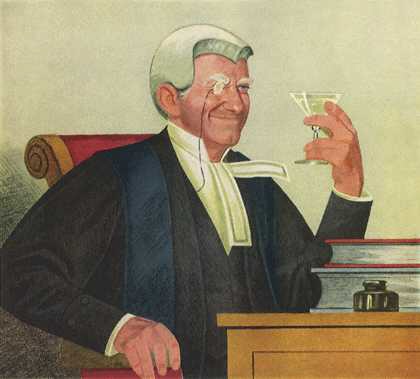
The big court trial
The members of the rubber band, as a group, were tried in Federal Court. The charge was bank rubbery. It should have been an easy-bounce prosecution for the government, but the defense lawyers were really sharp and on their toes. They pleaded that bank rubbery is actually a perfect cure for dirty banking grime and totally within society's interest.
Thus, the jury turned the entire rubber band loose, with the magistrate’s praises ringing in their ears. "Grime doesn't have a chance when everyone either stays clean or pitches in to rub grime out whereever it exists. Yours is an example of how ordinary citizens might also work to clean up those crummy newspaper columns, the columns that rub me the wrong way, too. Wow! These martinis surely do make for interesting court sessions, don't they?"
